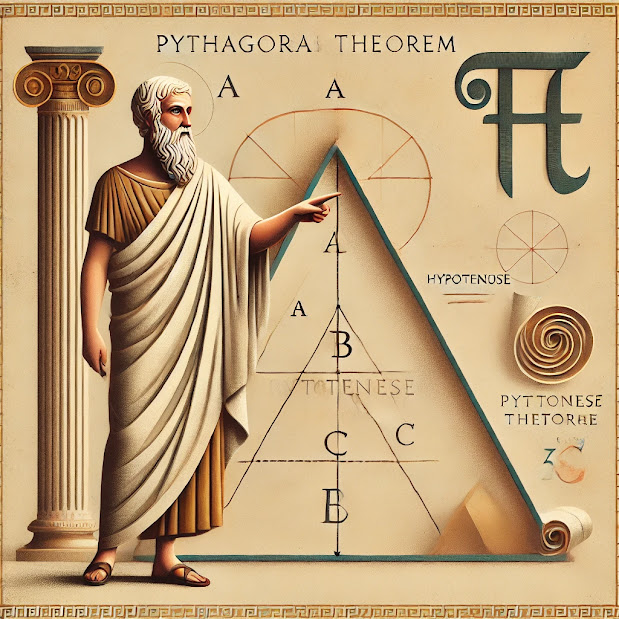How Many Hours of Sleep Do We Need to Work Efficiently?
Can We Work Efficiently with Less Sleep? The Sleep Habits of Famous Scientists
Nowadays, many people sacrifice their sleep to work harder and be more productive. But is it really possible to work efficiently with less sleep? What kind of sleep patterns did famous scientists have? What does science say about this?
 What Is the Minimum Sleep Requirement?
What Is the Minimum Sleep Requirement?
Although sleep needs vary from person to person, scientific research shows that at least six hours of sleep per day is necessary to maintain cognitive performance. However, the recommended amount for optimal learning and productivity is between 7-9 hours.
🔹 6 hours or less: Manageable in the short term, but long-term effects include lack of focus, memory issues, and poor problem-solving skills.
🔹 7-9 hours: Ideal for peak brain performance. It strengthens learning, supports memory, and enhances creativity.
🔹 10 hours or more: Can cause sluggishness and low energy in some individuals. However, during periods of high physical or mental exertion, the body may require more sleep.
The Sleep Patterns of Famous Scientists
Throughout history, great minds have had vastly different sleep habits. While some believed in long, high-quality sleep, others barely slept at all.
🔬 Albert Einstein (10 Hours + Naps)
Einstein reportedly slept for about 10 hours a night and took short naps throughout the day. He believed that sleep allowed the brain to continue working on complex problems.
🔬 Nikola Tesla (2 Hours + Short Naps)
Tesla had an extremely unusual sleep pattern, reportedly sleeping only 2 hours a day in short intervals. However, his chronic sleep deprivation may have contributed to his later health problems.
🔬 Leonardo da Vinci (Polyphasic Sleep - Multiple Short Naps)
Da Vinci followed a polyphasic sleep schedule, sleeping for 20-30 minutes every 4 hours. He claimed that this method kept him energized and highly productive throughout the day.
🔬 Thomas Edison (4-5 Hours + Naps)
Edison saw sleep as a "waste of time" and only slept 4-5 hours a night. However, he frequently took short naps to combat mental fatigue.
🔬 Isaac Newton (Irregular Sleep - 3-4 Hours)
Newton, especially when deeply engrossed in his work, would sleep only 3-4 hours a night, sometimes staying awake for days. However, this irregular sleep schedule is believed to have negatively impacted his health later in life.
Is It Possible to Work Efficiently with Less Sleep?
During short-term intense periods, it may be possible to function on 6 hours of sleep + 20-30 minute naps. However, in the long run, getting 7-9 hours of quality sleep is best for cognitive performance and overall health.
🧠 If you want to be productive with less sleep, try these tips:
✅ Take 20-30 minute power naps to recharge.
✅ Stick to a consistent sleep schedule to regulate your biological clock.
✅ Improve sleep quality (use a dark room, avoid electronic devices before bed, etc.).
Conclusion: How Many Hours of Sleep Do We Need for Maximum Productivity?
For peak mental performance, 7-9 hours of sleep is the ideal range. However, during certain periods, it is possible to stay productive with 6 hours of sleep + short naps. While some scientists thrived on very little sleep, maintaining a healthy and sustainable sleep pattern is crucial for long-term success!
How many hours of sleep make you feel the most productive? Share your thoughts in the comments! 😊







.png)


Comments
Post a Comment